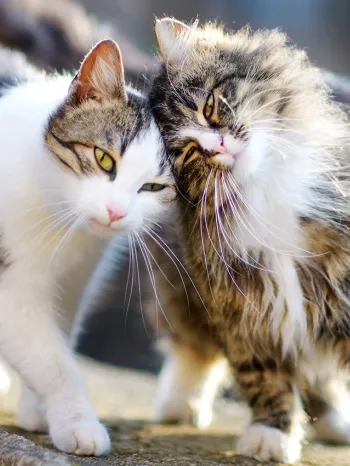At Humane World for Animals, we believe that knowledge is the key to better lives for pets, wildlife and the people who care for them. Our expert-curated Animal Care Resources library provides trusted, science-backed guidance on pet adoption, health, behavior, and humane solutions for coexisting with wildlife.
We've compiled these resources to help you make informed, compassionate decisions—whether you’re welcoming a new pet, navigating behavior challenges or seeking humane ways to manage wildlife conflicts.
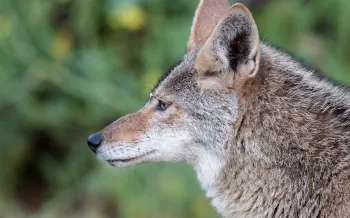
Contents A comprehensive plan Why is there a coyote in my yard? Do coyotes eat cats, dogs or other pets? What should I do if...
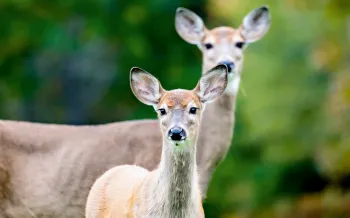
Conflicts with deer are best solved by addressing their root causes. Here are steps that can be taken to humanely and effectively control deer populations where necessary.
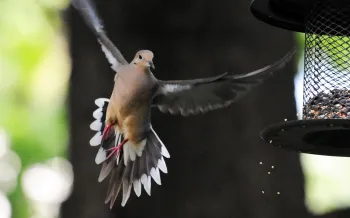
Answers to your top questions about bird feeding including which foods attract which birds and when is food most or least helpful.
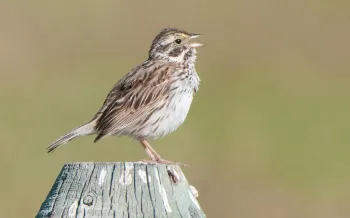
Of all sparrows, the non-native house sparrow is most often in conflict with humans because the birds are so good at adapting to our buildings and nesting in crevices.
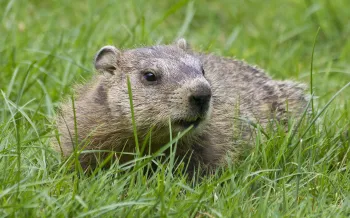
Groundhogs are shy, timid creatures that may dine on garden vegetables or flowers. Fencing and humane harassment are the best ways to solve conflicts with woodchucks.
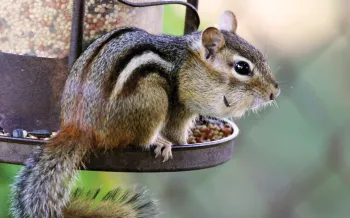
Chipmunks are cute, but occasionally they get into our house or bird feeders. We have tips if you need to help them escape or want to keep them out of your yard.
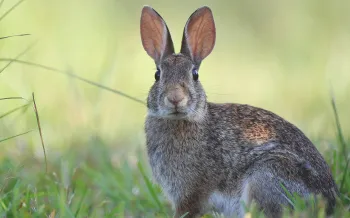
Rabbits may eat our plants or crops in the garden, yet they are critical members of our ecosystem. Make sure they are the culprit and learn what you can do without hurting them.
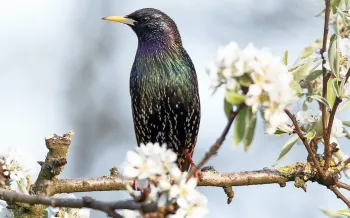
Starlings are cavity-nesting birds and will use attics, vents, and ducts in homes to build nests for their eggs and to raise their young.
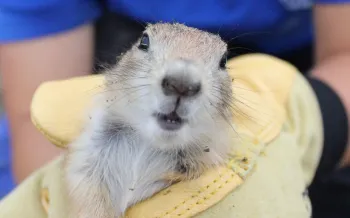
Prairie dogs are one of the most controversial and widely misunderstood wildlife species in North America. Since early...
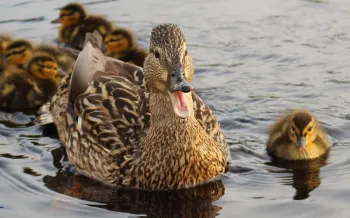
Simple ways swimming pool owners can save the lives of wildlife in their backyard.
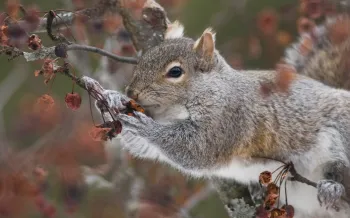
Here are 13 ways you can turn your backyard into a habitat that supports wildlife.
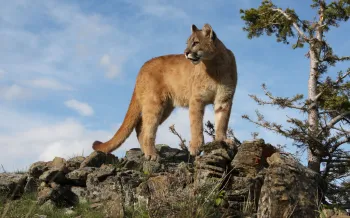
Taking simple precautions in cougar country can easily prevent dangerous conflicts, protect our pets, and help us live in harmony with majestic mountain lions.
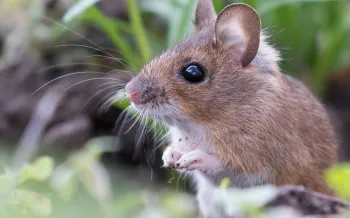
Many people keep mice as pets, but some wild visitors can be unwanted so learn how to deter mice and prevent their coming back with these humane tips.
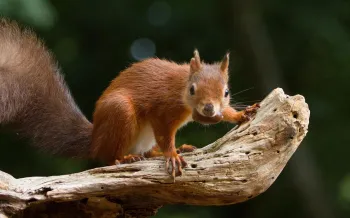
If you can't solve conflicts with wild animals yourself and need to hire a wildlife removal professional, here's how to find one that uses humane, effective practices.
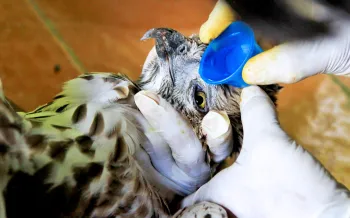
Find a local wildlife rehabber to help orphaned, sick or injured animals using this directory from state departments.
- Current page1
- 2
Keep me up to date!
I want to know the latest news and the quick, simple actions I can take to help animals each week.
Anna/Adobe Stock photo
